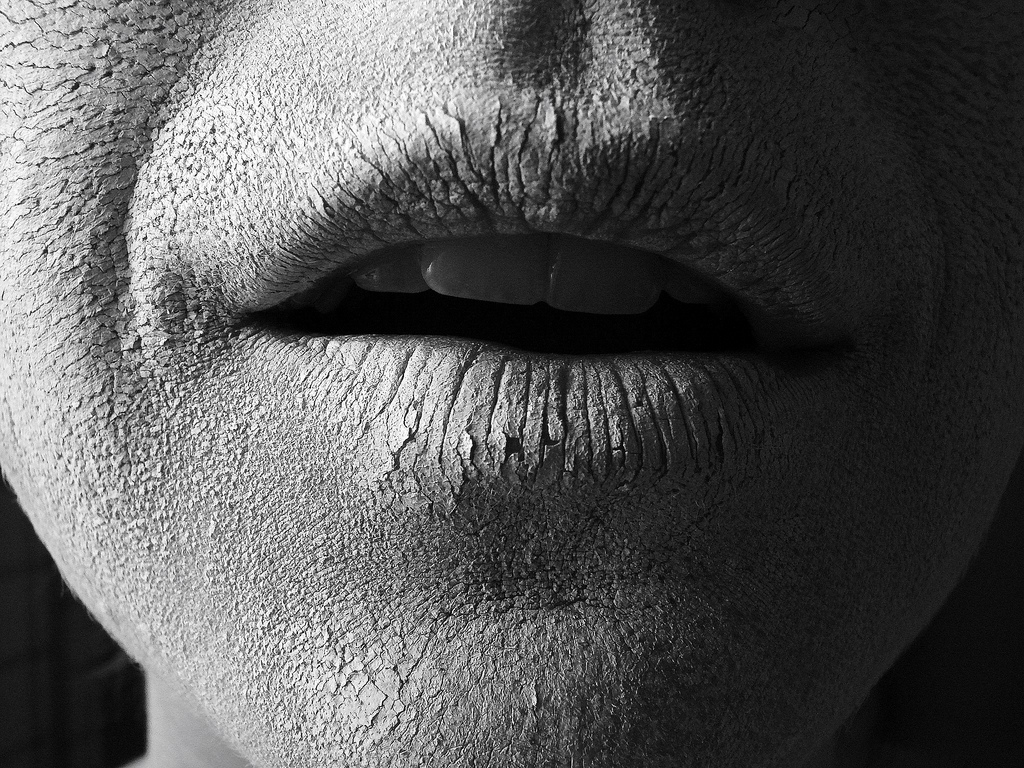
Managing Dry Mouth
Have you noticed a sticky or dry feeling in your mouth or throat? Are you frequently thirsty? Are your lips cracked or your tongue dry, red or raw? Do you have bad breath or problems chewing, swallowing or speaking? If so, these are all common symptoms of dry mouth.
Dry mouth is the feeling that there is not enough saliva in the mouth. We all need saliva to moisten and cleanse our mouths and digest food. Saliva helps prevent infection by controlling bacteria in the mouth. When you don’t make enough saliva, your mouth gets dry and uncomfortable.
Most commonly, dry mouth is a result of dehydration or a side effect of oral medicine. Many prescription drugs, including drugs used to treat depression, anxiety, pain, allergies and colds cause dry mouth. It can also be a side effect of certain medical conditions (such as Sjorgen’s Syndrome, HIV/AIDS, Alzheimer’s disease, diabetes and Parkinson’s disease), or from medical treatments specifically to the head and neck.
There are also personal habits, such as mouth breathing, drinking alcohol, or using tobacco products that can dry your mouth.
If you are experiencing any of these symptoms, be sure to consult with your dentist or medical provider. Ignoring the symptoms could lead to bigger problems such as gum disease, tooth decay and mouth infections.
You can also try these other steps, which may help improve saliva flow:
- Suck on sugar-free candy or chew sugar-free gum.
- Drink plenty of water to help keep your mouth moist.
- Brush with a fluoride toothpaste, use a fluoride rinse, and visit your dentist regularly.
- Breathe through your nose, not your mouth, as much as possible.
- Use a room vaporizer to add moisture to the bedroom air.
- Use over-the-counter aides to help stimulate salivary flow.
- Try to cut-back or stop using caffeine and alcoholic beverages, as well as smoking or using smokeless tobacco products.
Good oral hygiene is especially important for people who have decreased salivary flow and, therefore, are at increased risk of tooth decay. Brush twice a day with toothpaste that contains fluoride and visit your dentist regularly for professional cleanings and oral examinations.
Leave a reply →